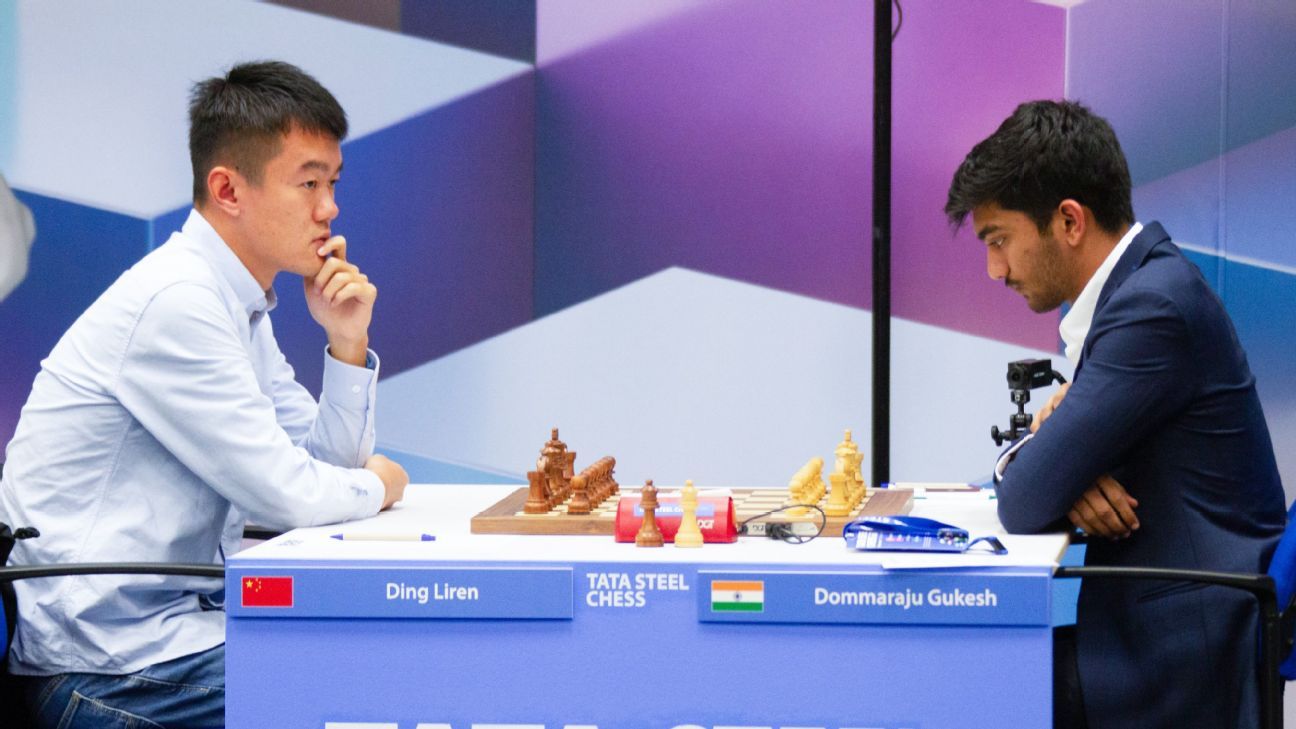Photos: Twitter
(Washington, D.C.) - A federal appeals court should reverse a district judge’s ruling that held Black voters and other impacted community members have no right to sue under Section 2 of the Voting Rights Act of 1965, according to an amicus brief filed by the Lawyers’ Committee for Civil Rights Under Law.
The amicus brief filed in the U.S. Court of Appeals for the 8th Circuit in the case Arkansas State Conference NAACP v. Arkansas Board of Apportionment, argues that a district court in Arkansas broke with precedent when it ruled that only the United States Attorney General could sue under Section 2.

“This decision, if upheld, will seriously undermine the fight against racial discrimination in voting,” said Ezra Rosenberg, co-director of the Voting Rights Project at the Lawyers’ Committee for Civil Rights Under Law. “The district court’s ruling is completely at odds with legal precedent, and the express intent of Congress — a congressional intent that was not only clear, but also bipartisan. This decision should not be permitted to stand.”
As the Lawyers’ Committee states in its brief, “In the fifty-seven years since the passage of the Voting Rights Act, hundreds of courts around the country – including the United States Supreme Court – have presided over Section 2 cases brought by private litigants without a whisper that there was no private right of action.” Had the district court’s view of the law been accurate, the brief continues, “surely one of the many hundreds of defendants who had been sued by private plaintiffs under Section 2 in the last six decades and who had fought tooth and nail against liability, would have at least attempted to make that argument,” and “[s]urely, at least one eminent jurist would have thought of this supposed threshold issue at some moment in over a half century. The silence of this multitude of defendants and judges is damning.”
Section 2 of the Voting Rights Act prohibits the “denial or abridgment of the right of any citizen of the United States to vote on account of race or color,” is one of the most important tools used by civil rights organizations to combat racial discrimination in voting. This law has even more significance as one of the last remaining avenues to protect voting rights of people of color following the Supreme Court’s 2013 decision in Shelby County, Alabama v. Holder, which effectively gutted the preclearance provision in Section 5 of the Voting Rights Act that prevented the implementation of retrogressive voting practices or procedures by states with a documented history of racial discrimination in voting.
The Lawyers’ Committee has filed dozens of cases under Section 2 of the Voting Rights Act and continues to litigate several to this day.









